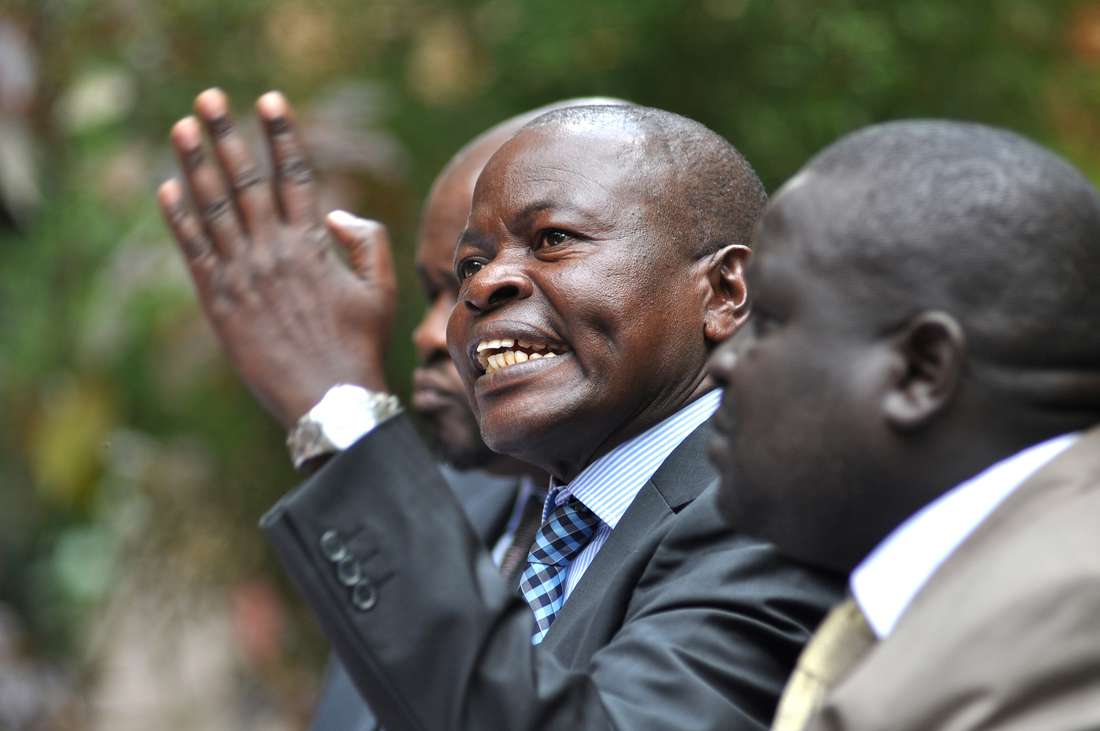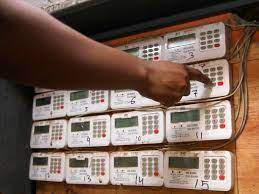Teacher shortages worsen as KUPPET calls for fast-tracked promotions, recruitment

The union also criticised counties for mismanaging essential services such as healthcare, cautioning that placing education under devolved units would threaten quality.
At least 130,000 teachers across the country remain stuck in the same job groups for years despite repeated calls for promotions.
The Kenya Union of Post-Primary Education Teachers (KUPPET) has now slammed the government for focusing on what it called “side shows” during the 2025 Devolution Conference, instead of addressing the staffing crisis.
More To Read
- Teachers to stay in same schools after promotions under new TSC policy
- Kenya requires Sh72.8 billion annually to fill 100,000 teacher shortage - report
- TSC announces recruitment of 9,159 teachers nationwide
- Unions slam TSC over limited promotion slots as 131,000 teachers apply for 21,000 positions
- Ruto announces recruitment of 24,000 more teachers by January to ease national shortage
- KUPPET flags stalled promotions, internship contracts for teachers
Speaking on Wednesday, KUPPET Secretary General Akelo Misori urged the government to prioritise teacher promotions, recruitment and school funding.
“The government should provide funds to promote the 130,000 teachers who have stagnated for years and employ at least 160,000 more to address the acute shortage. The deficit is particularly severe at the junior secondary school level, where more than 60,000 teachers are needed,” Misori said.
He warned that prolonged teacher stagnation has demoralised staff and undermined quality education delivery, calling on the Teachers Service Commission (TSC) to fast-track promotions across all grades.
The union also criticised counties for mismanaging essential services such as healthcare, cautioning that placing education under devolved units would threaten quality.
Former Prime Minister Raila Odinga recently proposed the transfer of primary and secondary education to counties, arguing that devolution would ease bureaucratic hurdles and bring services closer to citizens.
“Healthcare is often disrupted by staff strikes, ghost workers, and a lack of medical supplies. That is what devolved units can offer, and this is why education cannot be left to them. Instead of pushing for a referendum, we are urging leaders to address pressing challenges in the sector,” Misori added.
KUPPET National Chair Omboko Milemba reiterated that devolving education would dismantle the TSC and hand teacher employment to counties, a move he termed risky.
“Saying we devolve education means scrapping TSC and handing over teacher employment to county governments. Counties have already failed to pay Early Childhood Development (ECD) teachers adequately and on time,” Milemba said.
He countered with history, noting that teachers had long fought to keep education under the national government.
“In 2005, teachers roundly rejected the proposed new Constitution, which recommended devolution of education. In 2010, our support for the current Constitution was driven by its safeguards for education, including TSC’s independence,” he said.
KUPPET further proposed sweeping reforms, including abolishing bursaries and scholarships in favour of making public education free at all levels, increasing school funding, and integrating junior secondary schools within existing secondary institutions to leverage infrastructure and teaching staff. The union also recommended phasing out costly boarding schools by 2030 to allow learners to study closer to home.
“The government should provide a budget for the employment of 106,000 new teachers to meet the current deficit declared by TSC. The deficit is acute at the JSS level, which stands at more than 60,000 teachers,” Misori said.
On the recent school capitation dispute, the union welcomed President William Ruto’s assurance that the government will maintain Sh22,244 per secondary school student annually. This followed Treasury’s earlier decision to cut the allocation to Sh16,900, which KUPPET said would have plunged schools into debt.
Top Stories Today












































